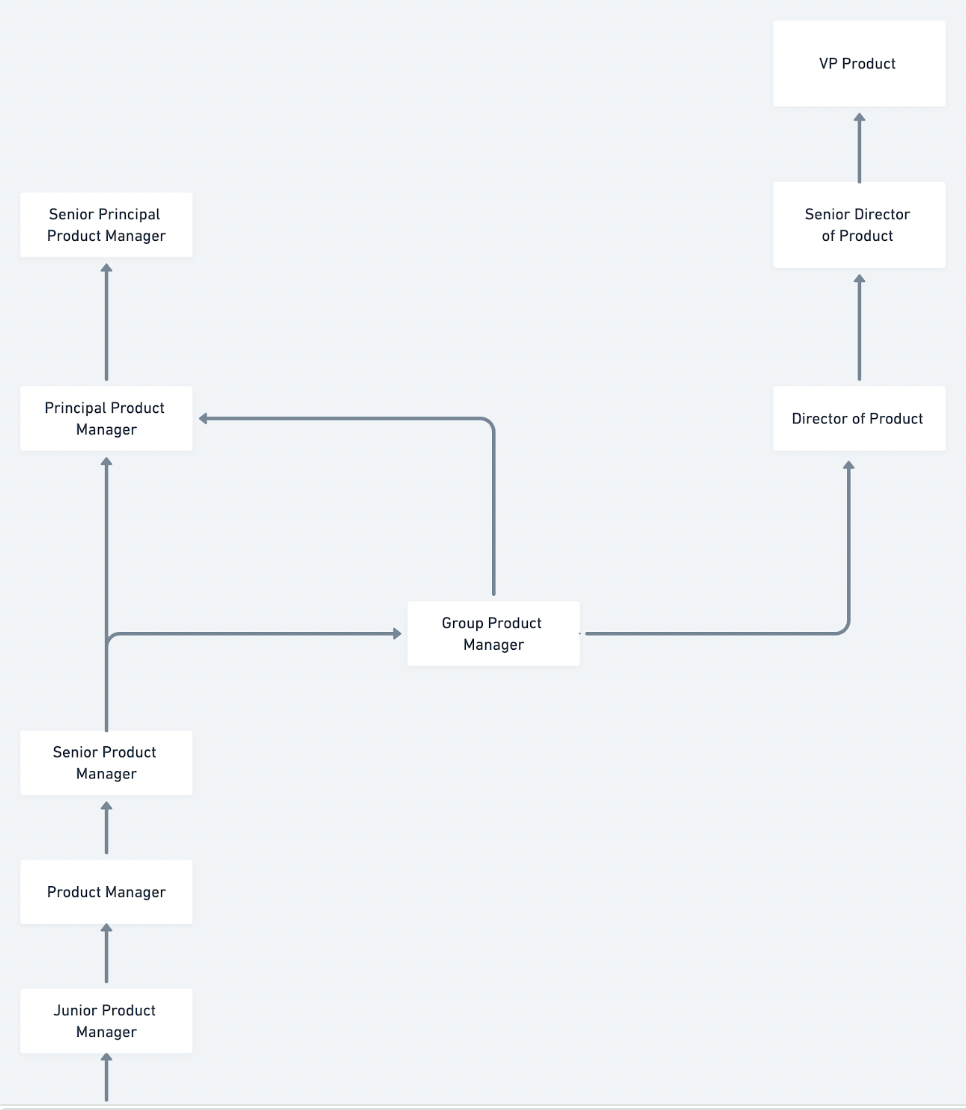Let me start with 2 stories: one that ends well and the other that does not
The first one is about a 9 year old Japanese boy. Abandoned by his father and growing up in a very poor family, he had no other choice but to start working despite his young age.
He started apprenticing at a sushi restaurant. It was in the 30’s, during the great depression in Japan in which having and keeping a job was far from obvious.
But the young boy worked relentlessly, trying to get a bit better every day… and he did so for more than 80 years!
This young boy’s name is Jiro Ono and has become one of the best Sushi Chefs in the world. At the age of 95 he was still cooking sushis in a tiny (yet very expensive) 10-seater sushi restaurant.
Jiro Ono has dedicated his life to mastering his craft. As he said it himself:
“All I want to do is make better sushi every day”
It seems he enjoyed every step on this journey.
The other story is a personal one. Around 10 years ago, I started running regularly (3-5 times a week) and was getting a bit better every day. At some point, I started participating in running events starting with 10k then half marathon up to the point when I enrolled for a (small) ultra trail (70km).
I was running regularly only for 6 months but thought I could make it. I remember an ultra-trailer telling me that people generally need 1-2 years of regular running before starting ultra-trail because it is a very stressful test for the body and it needs to get accustomed to long runs before.
But I did it anyway.
I finished the race with a better chrono than what I hoped for and concluded that I was ready to take on harder challenges (with UTMB as a final target - 170km). I trained even harder for that… and ended up a few months later with tendonitis in both knees. I remembered the piece of advice received from this experienced runner and regretted that I did not listen to it.
10 years later, I can run again but the tendonitis comes back every time I try to resume regular training.
There is one common lesson to these 2 stories:
Building and refining a skill takes time, whether you like it or not
How to sustain motivation over a long period of time?
If building and refining a skill takes time, you need to be willing to invest this time… and to avoid changing your mind.
How to stay motivated?
I think we all know the “simple” answer: you need to love what you’re doing.
Ok fine, but it’s not really helpful because “loving” doing something is not really something you control: if your interest for your craft slowly fades over time, saying to yourself “I need to love it” will not change anything.
We need something more actionable.
Fortunately, the question “what keeps us motivated” is not really a new one for mankind and there are a couple of bright minds who dedicated their own lives trying to bring answers to this question.
Among these bright minds there are 2 psychology researchers, Edward L. Deci and Richard Ryan who wrote a book in the mid-80s titled Intrinsic Motivation and Self-Determination in Human Behavior.
This “Self Determination Theory” (SDT) has remained since a reference in psychology sciences when it comes to explaining human motivation.
It basically says that intrinsic motivation is a result of 3 factors:
- Autonomy: the feeling that we have the choice over what we do
- Relatedness: the need to feel connected to other people
- Competence: the feeling that you are getting better and better at what you do
It’s not a silver bullet but at least we have more actionable levers now to keep motivation over time. You would increase your chances of maintaining a high level of motivation by practicing a skill in which you are autonomous, working with others and can see your own progress day after day.
What does this have to do with Product Management and Career Path?
Everything.
Unless you have not read the news in the past 9 months, you have heard of the corrections and changes in the tech industry. The French ecosystem was no exception.
At PayFit the focus on efficiency over growth was also an important shift. We transitioned from a phase where we were rapidly expanding our headcount each year to a phase where hiring is very limited and we need to do more with less.
This hyper growth phase we experienced created an illusion of swift career advancement, overshadowing the importance of honing one's expertise.
The recent shift towards efficiency and profitability has led to fewer job opportunities while expanding the roles and responsibilities of tech talents.
In this new context, it was even more important to show how deep of a craft Product Management could be.
As we saw previously, the feeling of competence and progress is a key motivation driver.
In the end, we all aspire to make better sushi every day.
Our Product Management career path helped us to show the depth of the job.
We didn’t wait for this moment to build a career path, our first version is from 2019 and we had 2 other iterations after that.
But we took this change of context as an opportunity to go one step further recently:
- We assessed the skill of each PayFit PM, using this common frame
- This assessment triggered deep & interesting calibration discussions between directors and VP about what was expected from a PM at PayFit
- We used these calibration to define clear validation criteria for each skill of this career path
- Finally we used these skill assessment as an input (among others) for the annual salary increase campaign
Besides showing the depth of the PM job, this career path also helped by bringing more objectivity and fairness in the way we assess PM skills at PayFit.
We then leverage it to give clear areas of focus for each PM to develop their craft and help them in this journey.
Even though this is our 4th version, there are obviously still areas of improvements and we will keep iterating but we made great progress on the matter.
Today our career path better reflects the depth of the PM job and helps each of us identify our areas of improvement, find appropriate actions and measure our progress over time.
You can find here the latest version (v4) of our PM career path.
The skills belong to 4 categories: Understand, Strategize, Execute & Rally (USER) and we adapted the skills during our iterations to stay as close as possible to what was relevant in PayFit evolving context.
We’d love to hear your feedback on it and get your own return on experience on using a career path to help your product team grow. 🌱



